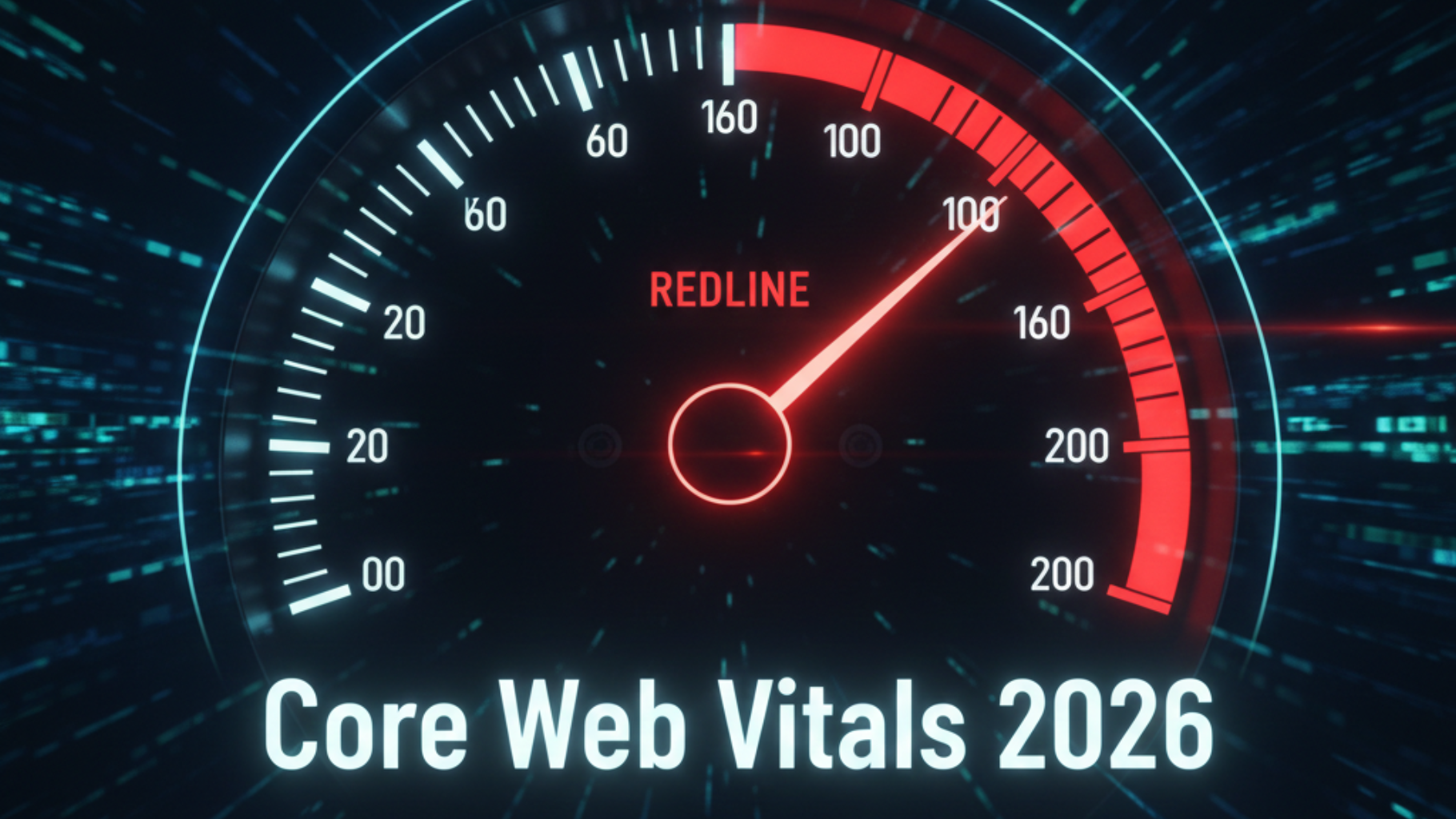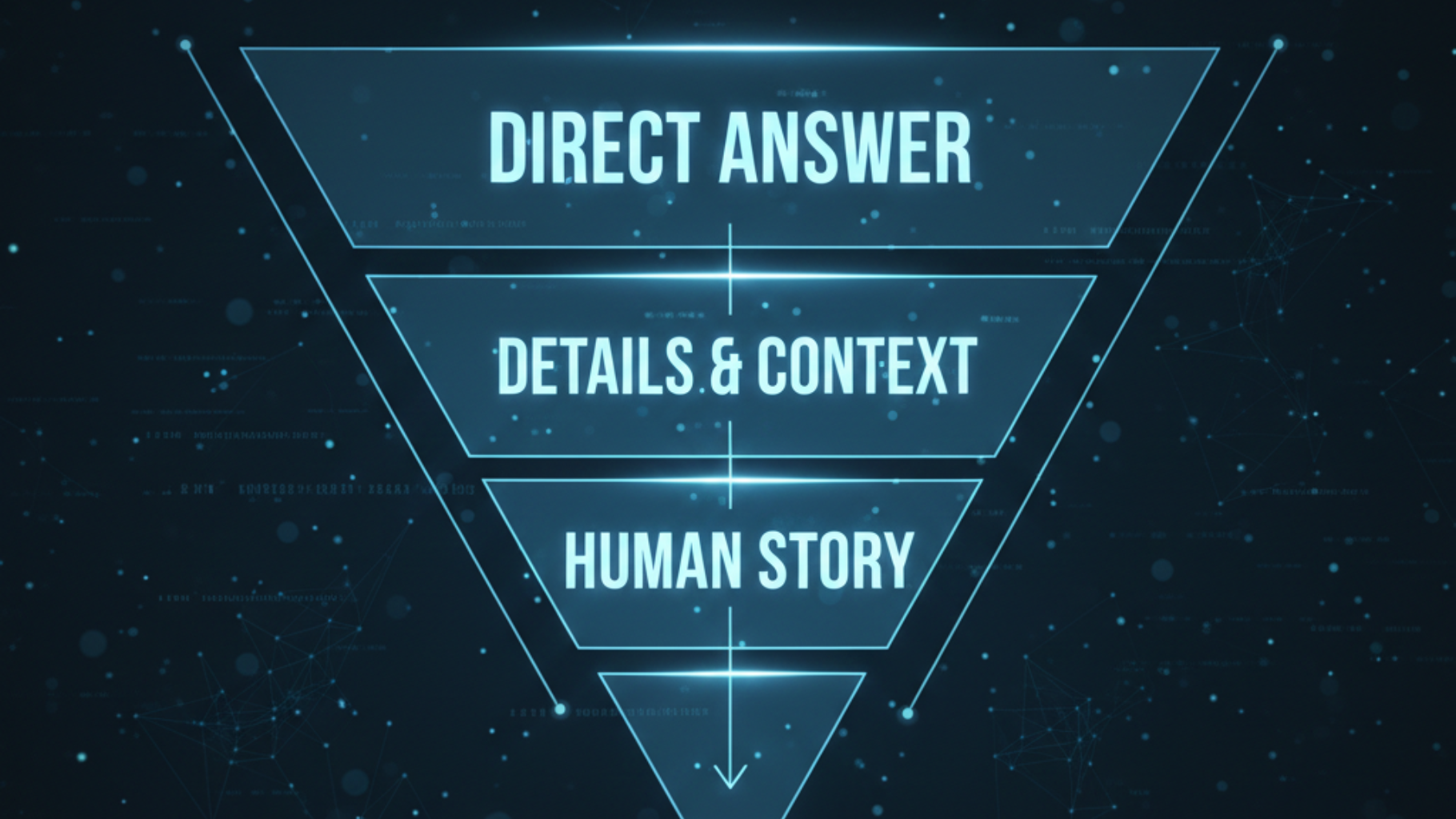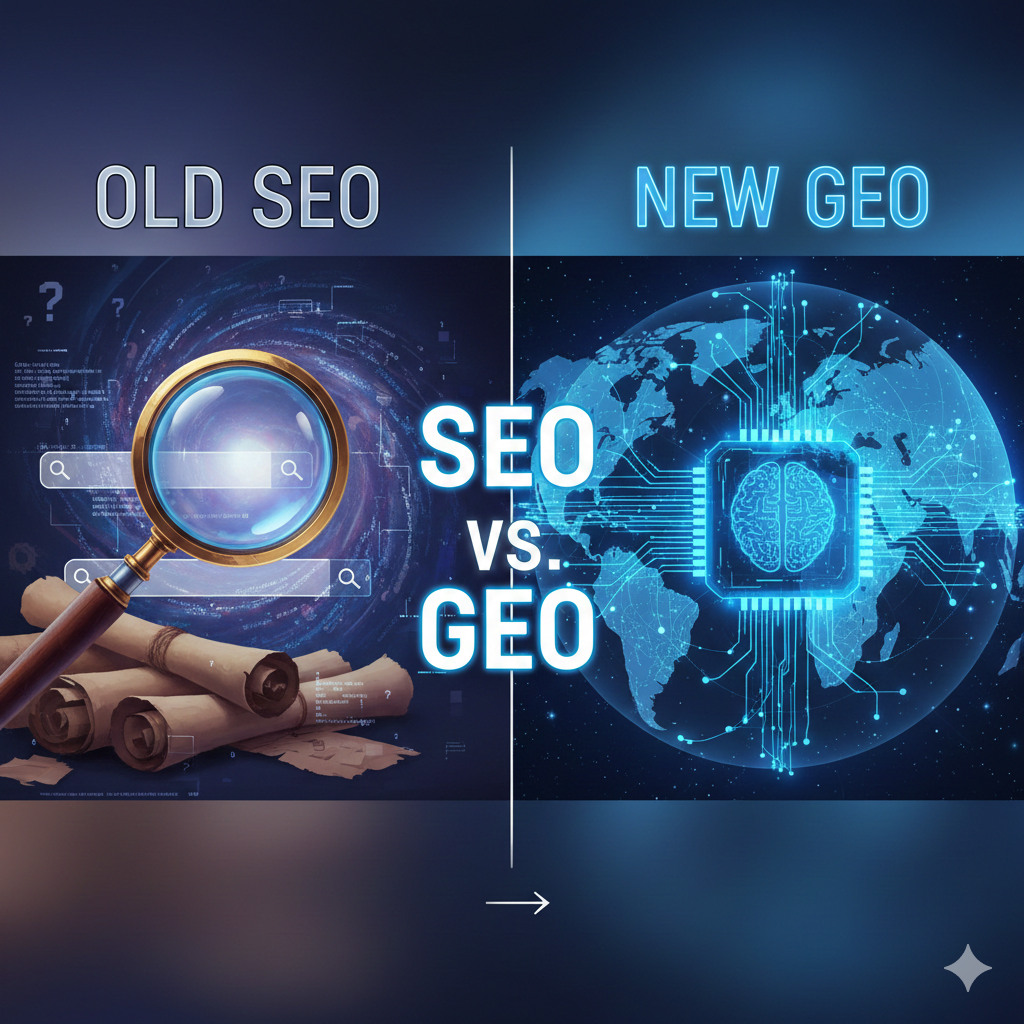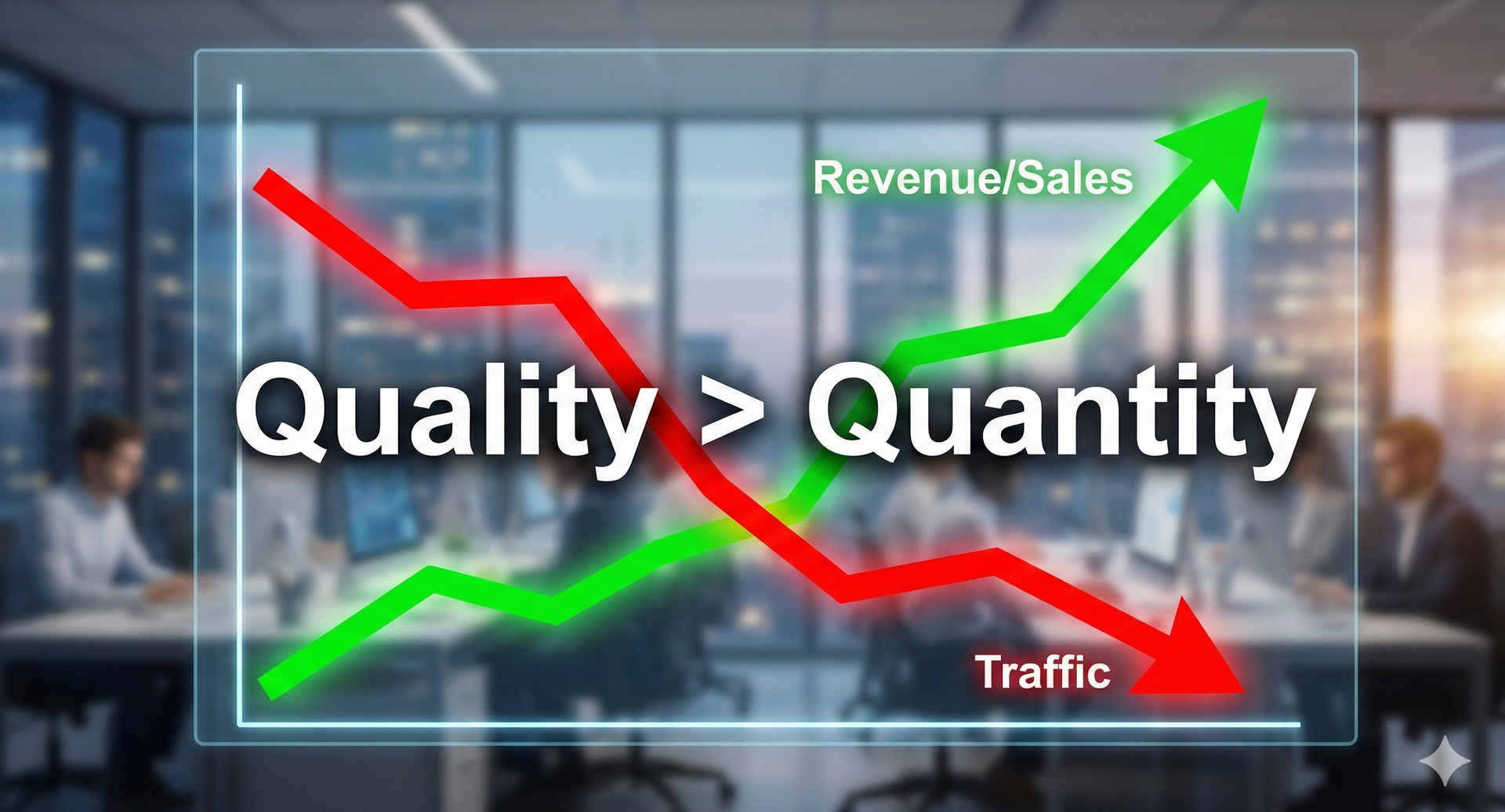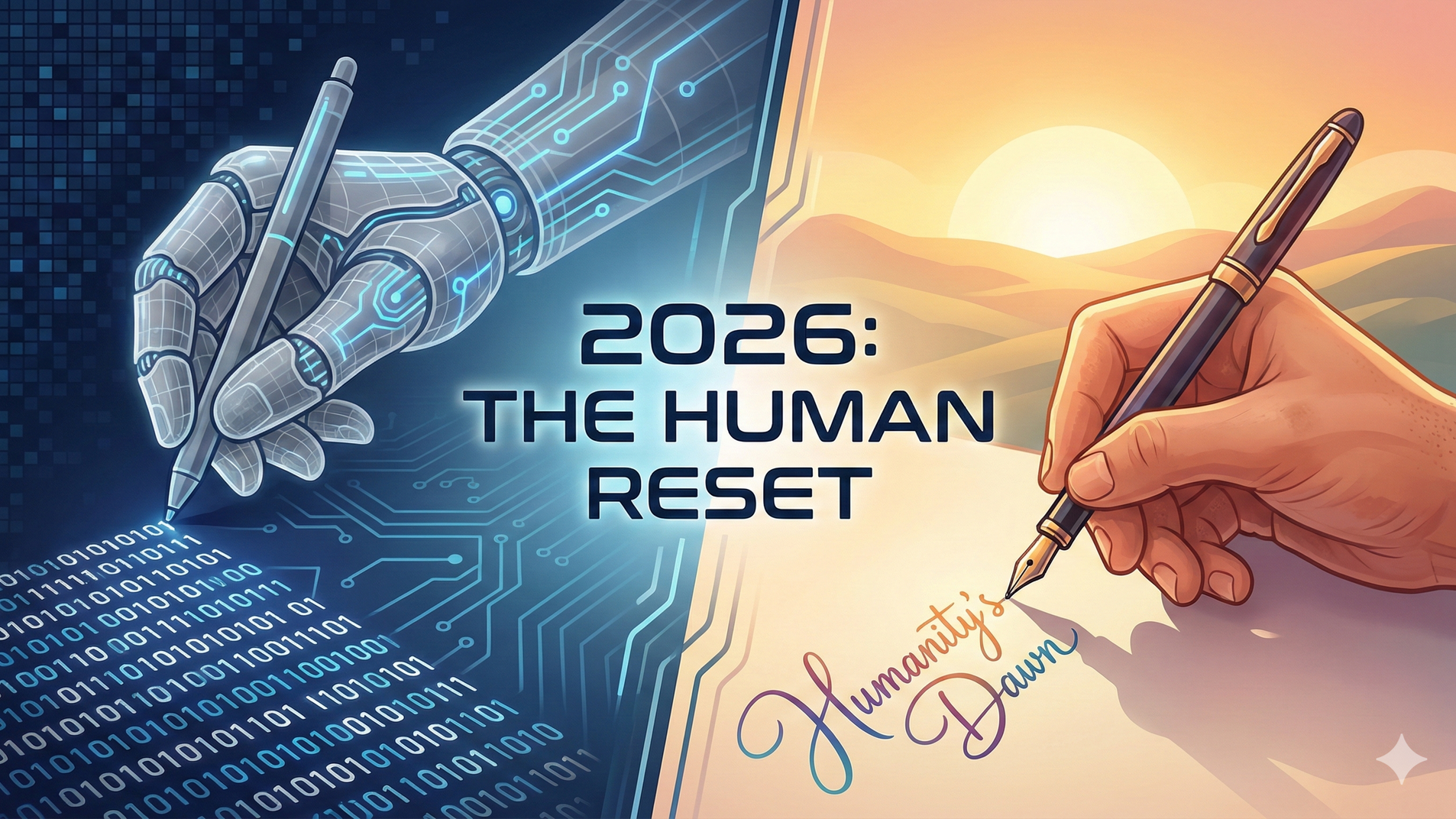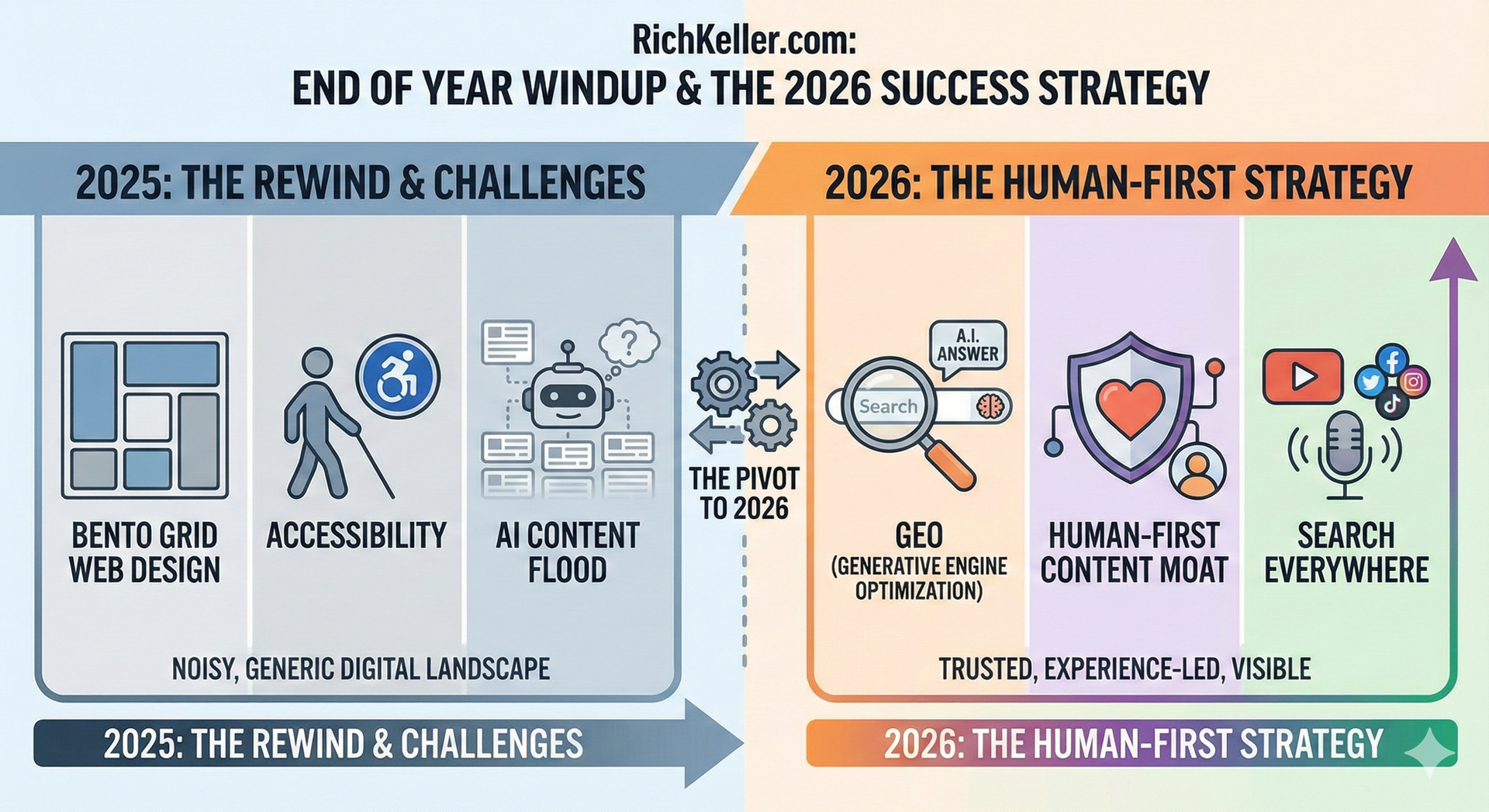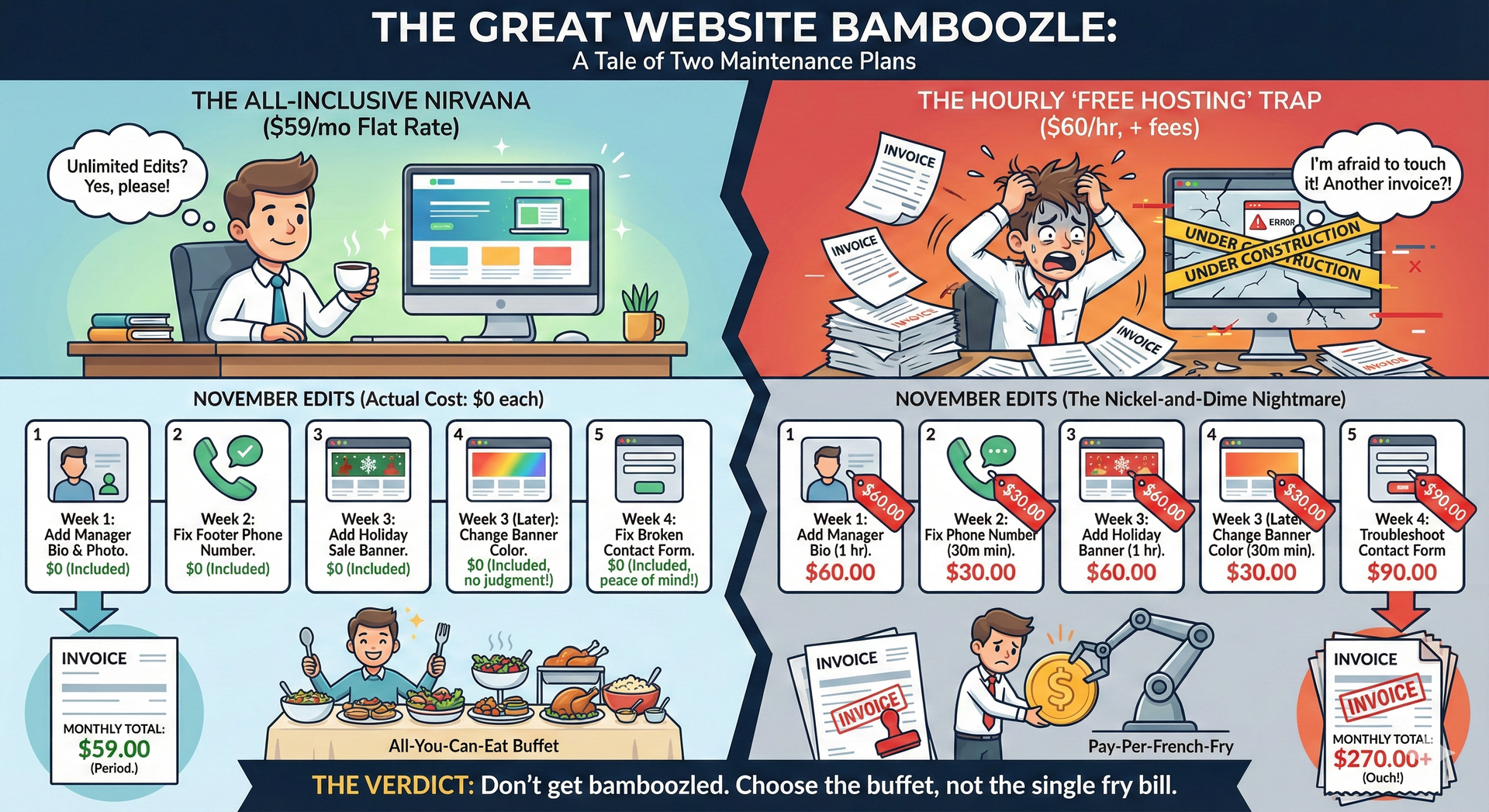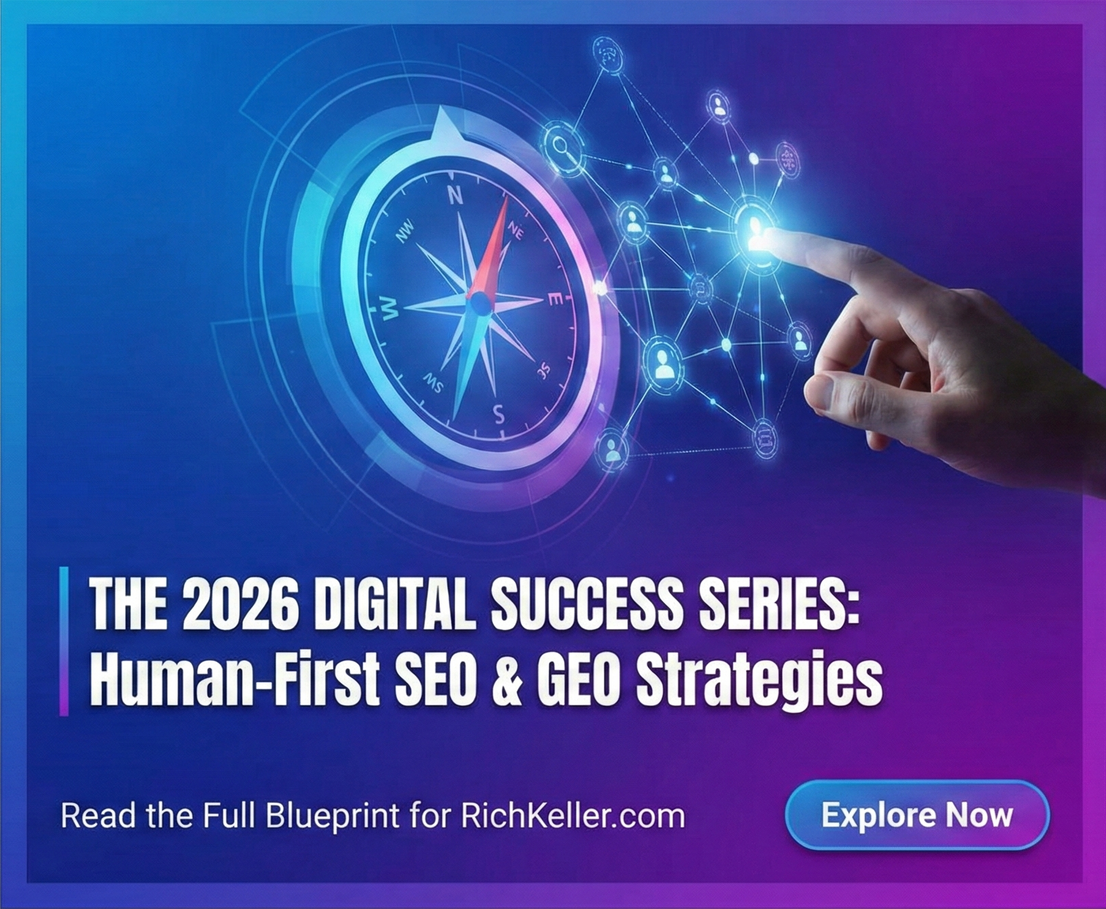Let's face it, running a small to medium-sized business is like juggling flaming chainsaws while riding a unicycle on a tightrope. You're the CEO, the HR department, the chief accountant, and probably the one who plunges the office toilet. So, when someone whispers "digital marketing plan," it often sounds less like an opportunity and more like another flaming chainsaw added to the circus.
But fear not, brave entrepreneur! You don't have to become a social media wizard overnight, nor do you need to spend your precious evenings deciphering SEO algorithms. Let's talk about a typical digital marketing plan and why, sometimes, calling in a professional is less about extravagance and more about survival (and sanity!).

The Grand Tour: What's in a Digital Marketing Plan?
Imagine your digital marketing plan as a delicious, multi-layered cake. Each layer is vital, and together they create a delightful experience for your customers.
Layer 1: The Social Media Sponge Cake
This is where you connect with your audience, share engaging content, and build a community. Think Facebook, Instagram, LinkedIn, TikTok – whatever platforms your ideal customers are frequenting.
- DIY Delight: You're scrolling through TikTok at 2 AM, thinking, "I can do that!" You post a shaky video of your cat "helping" with inventory. It gets 3 likes (from your mom, your aunt, and your other cat).
- Agency Advantage: Professionals understand algorithms, content calendars, and audience targeting. They create scroll-stopping visuals, witty captions, and engage with your community, turning those crickets into a chorus of loyal fans.
Layer 2: The Blog Post Filling – Rich & Informative
Your blog is your thought leadership hub. It's where you answer customer questions, share industry insights, and prove you're the expert.
- DIY Dilemma: You sit down to write a blog post. Three hours later, you've written a paragraph about your dog's latest antics and discovered 17 new ways to procrastinate. The post about "5 Tips for [Your Industry]" remains a distant dream.
- Agency Ace: A good agency has content writers who can craft compelling, SEO-optimized blog posts that not only inform but also rank high on search engines, driving organic traffic to your website. They turn your expertise into engaging, readable content.
Layer 3: General Digital Marketing Icing – Sweet & Strategic
This encompasses everything from search engine optimization (SEO) and pay-per-click (PPC) advertising to email marketing and website design. It's the overall strategy that brings all the layers together.
- DIY Disaster: You hear about "SEO" and try to stuff your website with keywords like a Thanksgiving turkey. Google notices and politely sends you to the digital equivalent of Siberia. You accidentally spend your entire month's marketing budget on a single, irrelevant PPC ad click.
- Agency Architect: Agencies live and breathe SEO and PPC. They know how to get your website seen, how to craft effective ad campaigns, and how to track results. They'll build an email marketing funnel that turns casual browsers into paying customers, all while keeping your budget in check.
The Great Debate: DIY vs. Digital Marketing Agency
🖥️ Okay, so you've seen the delicious cake. Now, who's baking it?
The DIY Baker: You, with your apron and a prayer.
- Pros:
- Cost Savings (Initially): You don't pay agency fees, so it feels cheaper upfront.
- Full Control: Every decision is yours, from the shade of blue in your Instagram post to the exact wording of your blog.
- Learning Curve: You'll gain a deeper understanding of digital marketing (eventually).
- Cons:
- Time Drain: This is the big one. Digital marketing is a full-time job in itself. Every minute you spend on it is a minute you're not spending on your core business.
- Lack of Expertise: Unless you're a seasoned digital marketer, you're likely to make mistakes, miss opportunities, and struggle to keep up with ever-changing trends.
- Slow Results: Without a strategic approach, your efforts might yield minimal or no results, leading to frustration and wasted time.
- Opportunity Cost: The money you "save" might be dwarfed by the sales you're losing by not effectively reaching your audience.
The Agency Lifeguard: A team of experts ready to dive in.
- Pros:
- Expertise & Experience: Agencies have teams of specialists in every aspect of digital marketing – SEO, social media, content creation, PPC, design. They know what works (and what doesn't).
- Time-Saving: They handle the heavy lifting, freeing you up to focus on what you do best: running your business.
- Better Results: With their knowledge and tools, agencies can deliver significantly better ROI and faster growth.
- Staying Current: Digital marketing is a rapidly evolving landscape. Agencies stay on top of the latest trends, algorithm changes, and best practices.
- Scalability: As your business grows, an agency can easily scale their efforts to match your needs.
- Cons:
- Cost: Yes, agencies come with a price tag. But view it as an investment, not an expense.
- Less Direct Control: You'll need to trust their expertise and vision, though a good agency will always keep you in the loop and value your input.
The Bottom Line: When to Call for Backup
If you're finding yourself staring blankly at your social media feed, wondering if anyone actually sees your posts, or if the thought of writing another blog makes you want to curl up with a strong cup of coffee and a blanket, it might be time to consider a digital marketing agency.
Think of it this way: you wouldn't perform open-heart surgery on yourself, right? So why would you try to navigate the complex world of digital marketing alone when there are professionals who do it every single day?
Investing in a digital marketing agency isn't just about outsourcing tasks; it's about investing in growth, sanity, and the future success of your business. So, go ahead, put down that flaming chainsaw, and let a professional team build you a digital marketing cake that's truly worth savoring!
Cost-Effective Turnkey Solutions at Just $99/month.
Transform your online presence with Rich Keller.
Starting at $99/month, you receive:
- Professional Website
- AI Tools for Writing
- SEO Optimization
- Digital Marketing Services
- Unlimited edits.
